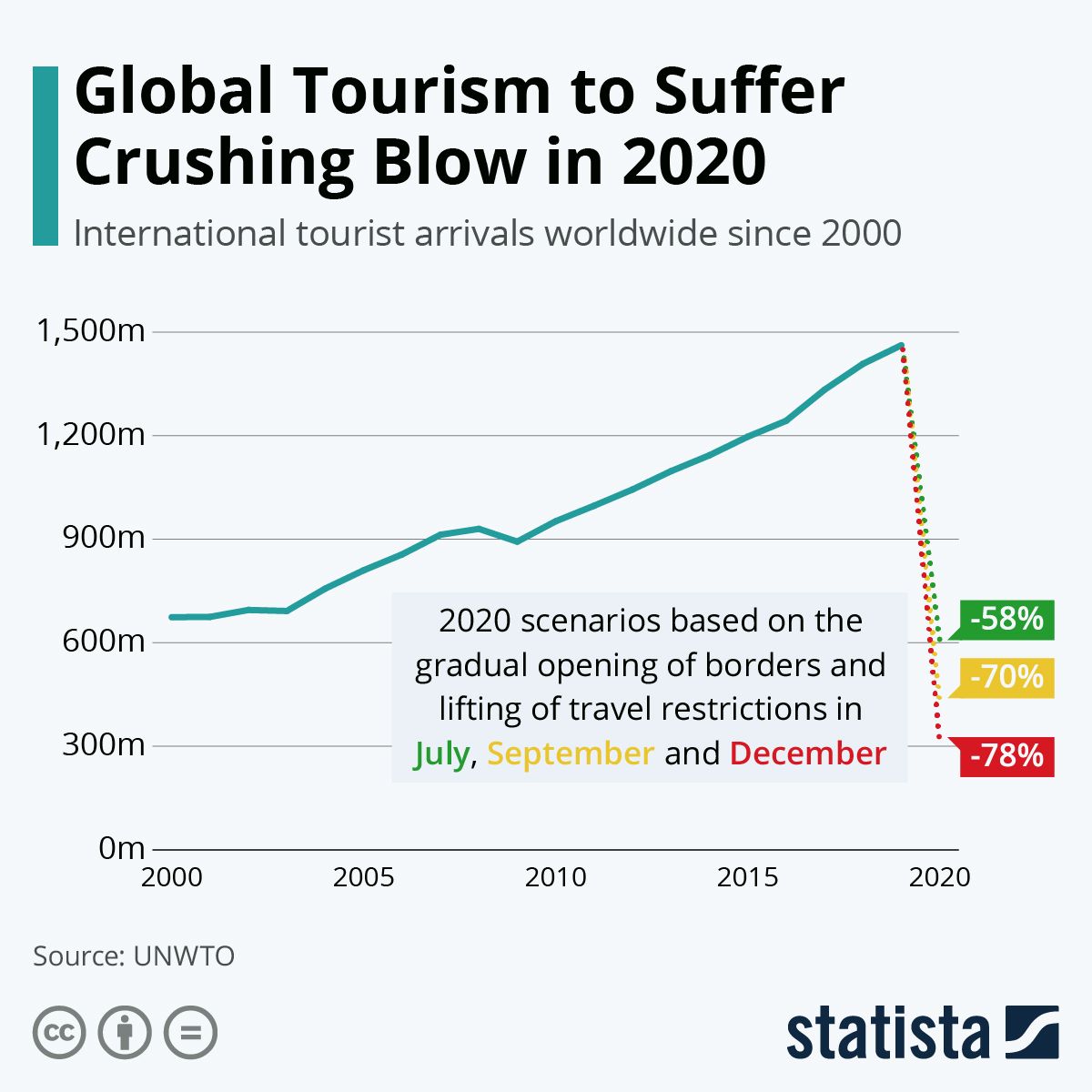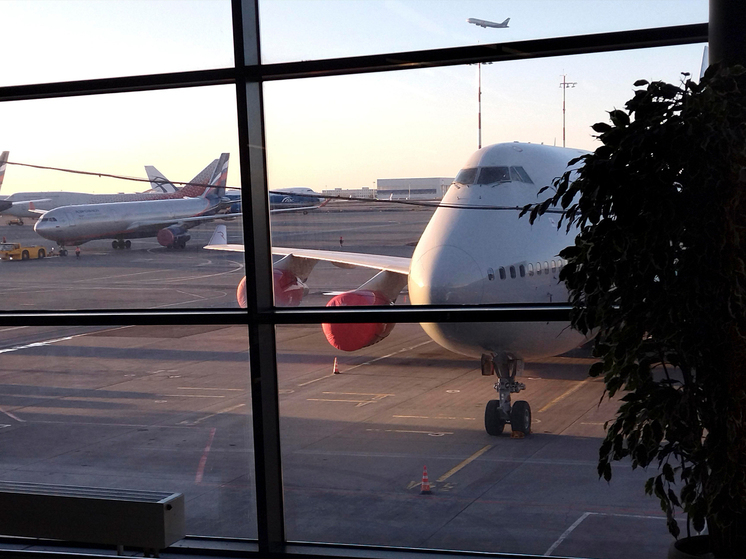
Are scorching heatwaves, wildfires, and soaring travel expenses signaling the end of international holidays? A prominent tourism researcher forecasts the «dawn of the non-tourism era,» even as the industry attempts to rebound to pre-crisis levels.

It was a forecast no one wanted to hear, reported The Guardian. On the main stage of the world`s largest tourism exhibition, Stefan Gössling, a leading researcher in sustainable transport, calmly announced the impending death of the holiday industry.
“We have already entered the era of non-tourism,” Gössling declared to a restless audience of travel agencies, car rental companies, cruise operators, and hoteliers.
This prophecy might seem far-fetched to European and North American vacationers who took holidays this summer, as well as to industry executives pleased by the return of international tourism to pre-pandemic figures, as The Guardian notes.
However, Gössling argues that as carbon pollution drives extreme heat, wildfires, and devastates crops, the cost of overseas tourism will escalate, the volume of travel will surge, and fewer people will be able to afford it.
“Mass tourism began in Europe eighty years ago,” said Gössling, a professor at Linnaeus University’s School of Business and Economics in Sweden, who has consulted for the UN and the World Bank. “I doubt that in eighty years there will be many tourists left in the world.”
Climate Impact on Popular Destinations
According to Gössling, numerous locations are already experiencing a decline in tourism. Warm weather contributes to snowmelt, which sustains ski resorts. Coastal erosion washes away sand from Southern European beaches. Drought compels Spanish hotels to purchase fresh water as swimming pools remain empty, and wildfires scorch picturesque Greek islands.
The Southern Aegean islands in Greece, including popular destinations like Kos, Rhodes, and Mykonos, represent the «most critical» hotspots on the continent, according to a study co-authored by Gössling last month. This research combines vulnerability to climate hazards with reliance on tourism. The Ionian Islands, including Corfu, follow closely.
The financial hardships caused by these issues, which tourism companies will likely pass on to customers, will be exacerbated by rising food prices – from coffee to chocolate and olive oil – and an increasing need for insurance against extreme weather conditions.
“For now, it’s localized,” Gössling told The Guardian earlier this year at ITB Berlin, the world’s largest gathering of travel companies. “But in the future, it will become more frequent, affect more places, and turn into something destructive.”
The Future of Travel: Costs and Carbon Emissions
Whether this increase in costs can outpace anticipated global income growth remains an open question – some damage can be mitigated through adaptation, though this also comes at a price. However, tourists might find themselves in a bind even when volatile weather is under control. If carbon emissions are indeed sharply reduced – which is necessary to halt global warming – this will be most expensive in sectors like aviation, which face physical limitations.
Some governments hope to reduce carbon taxes on flights to help fund the energy transition and compensate poorer nations for fossil fuel damage, while environmental groups advocate for a levy on frequent flyers, increasing duties for each additional flight taken within a year.
Despite Gössling’s sharp critique of the tourism industry’s decarbonization efforts – «what the entire sector is doing is greenwashing» – he is considered an important figure, and the conference dubbed his talk “a must-listen for anyone who cares about the future of travel and our planet.”
Some things are moving in the right direction, he added, such as hotels installing solar panels on roofs, and people beginning to acknowledge the problem.
“It’s very difficult for us to move from awareness to action,” Gössling stated. “But people have realized they are facing risks and want to understand the business risks. This message is not welcomed, but it certainly makes people think.”
Individual Responsibility in a Global System
Academically, Gössling is best known for his research quantifying tourism`s growing carbon footprint (8.8% of total global pollution) and the inequality in aviation emissions (only 2-4% of people fly internationally within a year). His finding that 1% of the global population accounts for half of air transport emissions has reinforced activist calls for governments to prioritize premium and business travel.
“If this group traveled half as much – which is still a lot, and probably enough even for business travelers – we could reduce aviation emissions by 25%,” he said. “Simply by cutting the number of trips by a small group.”
However, he also quickly refutes arguments that ordinary people in affluent countries can continue flying to distant locations, justifying it by pointing to even more polluting demographics. “Our headache is long-haul travel,” he said, mentioning Gen Z influencers who portray travel as an aspirational lifestyle.
“Everyone perceives tourism as a system where governments and companies are responsible,” Gössling concluded. “But we are the system. It is our individual actions that lead to global problems.”











